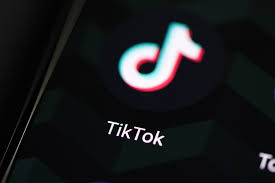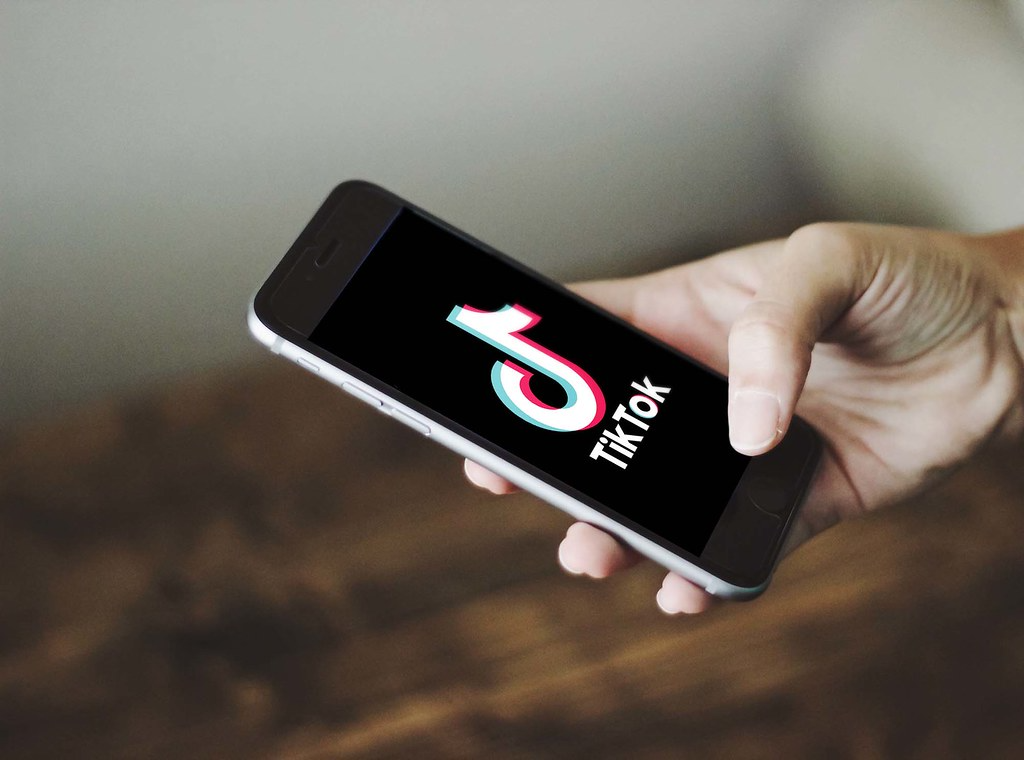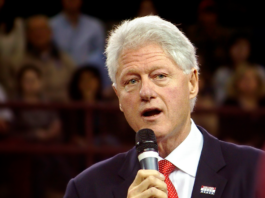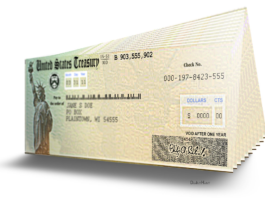
The debate over TikTok ban in the United States has taken a significant turn. The D.C. Circuit Court of Appeals recently supported a law that could lead to a nationwide TikTok ban, citing national security threats and concerns about user data privacy. This decision has set the stage for a Supreme Court showdown and could have far-reaching consequences for millions of American users.
The future of TikTok in the United States is in jeopardy following a federal appeals court’s recent ruling. This decision brings into focus concerns about national security and the collection of user data by the platform’s Chinese parent company, ByteDance. Here is everything you need to know about this pivotal development.
TikTok Ban: The Federal Ruling Explained
Key Decision by the Court
A three-judge panel from the D.C. Circuit unanimously upheld a law passed by Congress in April and signed by President Joe Biden. This law mandates ByteDance to sell TikTok to an American company by January 19, 2025, or face an effective ban in the U.S.
The court noted, “This decision will significantly impact TikTok and its users. If the platform does not comply, it may no longer be available in the U.S., at least for some time.”
What TikTok ban Means for Users
If TikTok banned, millions of users will need to seek alternative platforms for communication and content creation. The platform’s removal could disrupt businesses, influencers, and communities who rely on TikTok for their livelihoods and creative expression.
National Security Concerns and Data Privacy Issues
The ruling is rooted in allegations that TikTok collects vast amounts of user data, potentially exposing it to the Chinese government. Lawmakers argue that this poses a significant threat to U.S. national security.
TikTok, however, has denied these claims, asserting that its operations are independent and that user data is stored securely in the U.S. The company has emphasized its commitment to transparency and compliance with U.S. regulations.
TikTok’s Response and the Path Ahead
In response to the ruling, TikTok expressed hope that the Supreme Court would overturn the decision, stating:

“The Supreme Court has consistently upheld Americans’ First Amendment rights, and we are confident they will do so once more in this vital case.”
TikTok criticized the ban as flawed and based on unfounded concerns, warning that it could silence over 170 million American users.
Impact on Free Speech and Business
A Platform for Creativity and Commerce
Since launch in the U.S. in 2018, TikTok has evolved into a significant cultural force. The platform’s algorithm, which curates content based on user preferences, has made it a go-to app for short-form videos. During the COVID-19 pandemic, its popularity surged, becoming a hub for viral trends, educational content, and small business promotion.
Over half of the U.S. population, including political leaders, use TikTok. For many, it is not just an app but a vital tool for self-expression and entrepreneurship.
First Amendment Debate on TikTok ban
Opponents of the ban argue that it infringes on free speech rights protected by the First Amendment. Civil rights organizations, including the American Civil Liberties Union (ACLU), have criticized the decisionPatrick Toomey, Deputy Director of the ACLU’s National Security Project, remarked:
“Restricting TikTok stifles the voices of millions of Americans and establishes a troubling precedent by granting the government undue authority over online expression.”
A Broader Debate: National Security vs. Digital Freedom
The TikTok ban highlights a growing tension between national security and digital freedom. While the U.S. government seeks to limit foreign influence on critical platforms, digital rights groups warn against overreach.
The Center for Democracy and Technology, a nonprofit advocating digital rights, expressed concerns over the ruling’s global implications for freedom of expression and commerce.
What is Next for TikTok?
TikTok plans to continue fighting the ruling in court while working to assure users and lawmakers of its commitment to privacy and security. Meanwhile, the January 2025 deadline looms, putting pressure on ByteDance to divest or face potential shutdown in the U.S.
The platform’s fate may ultimately rest with the Supreme Court, whose decision will have profound implications for the tech industry and digital rights in America.
Conclusion
The TikTok ban is more than a national security issue; It’s a pivotal moment in the ongoing debate about data privacy, free speech, and the role of global technology companies. For millions of U.S. users and businesses, the uncertainty surrounding TikTok’s future underscores the importance of balancing security concerns with the protection of fundamental rights.
As this case heads toward the Supreme Court, all eyes are on what could be a landmark decision in the digital age.


